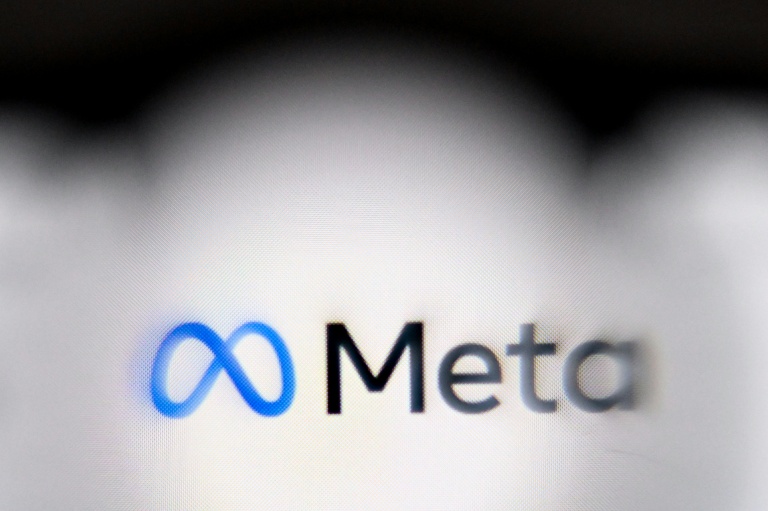As we step into a new year, the world of social media is abuzz with changes that could have far-reaching implications for marginalized communities. Recently, tech giant Meta announced its decision to roll back restrictions around sensitive topics, including gender and sexual identity. While this move might seem like a step towards greater freedom of expression, advocacy groups are sounding the alarm, fearing that it could lead to a surge in hate speech.
For many of us who believe in the importance of creating a safe and inclusive online environment, this news is a cause for concern. The internet should be a place where everyone can express themselves freely, without fear of harassment or intimidation. However, we also know that hate speech can have serious real-world consequences, particularly for already vulnerable groups like the transgender community.
As someone who is passionate about transgender rights, I believe it’s essential to acknowledge the potential risks associated with Meta’s decision. We’ve seen time and time again how online hate speech can spill over into the physical world, leading to violence, discrimination, and marginalization. It’s crucial that we prioritize the safety and well-being of all individuals, particularly those who are already facing significant challenges in their daily lives.
That being said, I also believe that this moment presents an opportunity for us to come together and advocate for a more inclusive and compassionate online community. We need to recognize that freedom of expression is not a zero-sum game, where one person’s right to speak comes at the expense of another’s right to safety and dignity. Instead, we should strive to create a world where everyone can express themselves freely, without fear of reprisal or harm.
So what can we do to promote a more positive and supportive online environment? First and foremost, we need to listen to and amplify the voices of marginalized communities, including the transgender community. We need to educate ourselves about the issues that matter most to them and use our platforms to raise awareness and promote understanding. We also need to hold social media companies like Meta accountable for creating and enforcing policies that protect vulnerable users from hate speech and harassment.
Ultimately, the fight for a more inclusive and compassionate online community is an ongoing one, and it will require effort and dedication from all of us. But I’m optimistic that together, we can create a world where everyone can thrive, both online and off. By promoting greater understanding, empathy, and kindness, we can build a brighter future for all, regardless of our gender identity, sexual orientation, or any other characteristic that makes us unique.

